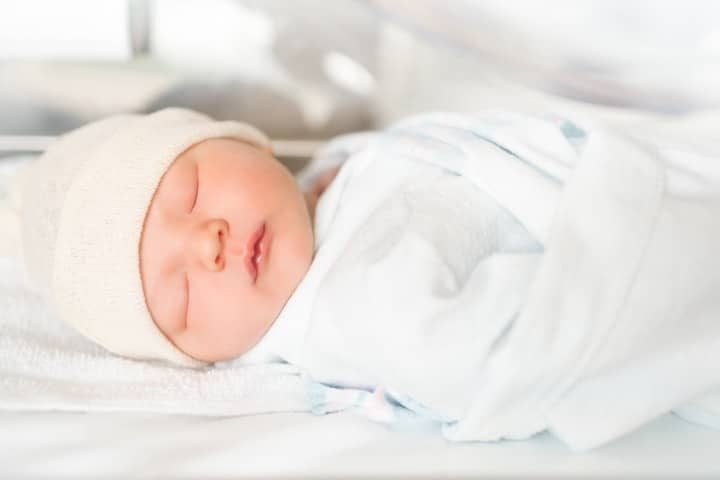
Researchers reporting that 32,000 babies have been born since the Dobbs decision — who otherwise would have been aborted — found no reason to celebrate: “[the] diminished abortion access [following the Dobbs decision in June 2020] poses a risk to the health and financial stability of this vulnerable population.”
That “vulnerable” population consists of patients whom they described as “low income” and who have reported a “recent disruptive life event such as falling behind on the rent or losing a job,” according to Daniel Dench and Mayra Pineda-Torres (both with the Georgia Institute of Technology) and Caitlin Myers (with Middlebury College, Vermont), the three researchers involved in the study.
All good reasons to abort a child, according to the trio.
They could find no good news in the results of their study, which was based on the most current data available from the U.S. Centers for Disease Control and Prevention (CDC). They lamented:
Within hours of the decision, abortions were halted in 10 states….
As of November 1, 2023, 14 states are enforcing bans on abortion in nearly all circumstances….
This represents the most profound transformation of the landscape of U.S. abortion access in 50 years.
The study, titled “The Effects of the Dobbs Decision on Fertility,” revealed that “states with abortion bans experienced an average increase of 2.3 percent relative to states where abortion was not restricted.”
They concluded:
Our primary analysis indicates that in the first six months of 2023, births rose by an average of 2.3 percent in states enforcing total abortion bans compared to a control group of states where abortion rights remained protected, amounting to approximately 32,000 additional annual births resulting from abortion bans….
As a back-of-the-envelope calculation, we compare the estimated increases in births resulting from bans to the last available resident abortion counts prior to the Dobbs decision and estimate that roughly one-fifth to one-fourth of people seeking abortions did not receive them due to bans.
CNN joined the trio in decrying the good news. It quoted Rachel Hardeman, a professor of health and racial equity at the University of Minnesota: “[The Dobbs decision] has had a profound impact on birthing people’s ability to decide what their family looks like and how they navigate that. All of the material resources necessary for a family to not just barely survive, but to thrive in our society are going to be impacted by their ability to access health care, broadly speaking, and abortion care, specifically.”
Some diminishing the good news had the audacity to suggest that since many of those babies surviving the abortion holocaust were going to die of starvation or neglect, or worse, it would have been better for them to have been murdered in their mothers’ wombs than to have been born!
Those celebrating the good news called out the negative cast of the abortion supporters. This includes Kristan Hawkins, president of Students for Life in America:
The insinuation of a lot of coverage of such data points is that it’s a bad thing for there to be more children welcomed in states with better laws than in states that fast-track abortion.
It’s a triumph that pro-life policies result in lives saved.
LiveAction’s Lila Rose wrote on X following release of the study:
Absolutely amazing!
32,000 boys and girls were saved, protected from being killed by abortion, because of the fall of Roe and the life-saving laws that went into effect.
Every one of these children is a miracle. This is why we do this work.
From 40 Days for Life came this:
The ripple effect of Roe v. Wade’s overturning? A breathtaking wave of life, with 32,000 more babies born!
Let’s celebrate every heartbeat, every breath, every new chance at life!
Yes! Celebrations of new life should be held over every newborn baby, especially those who escaped being murdered under the old assumption that a pregnant mother had a right to kill her unborn child. More than 65 million human beings never had such an opportunity. And the negative cast by the three researchers reveals just how deeply the culture of death for convenience has seeped into our society, and how much work remains to be done to honor and protect all life at every stage of life.



